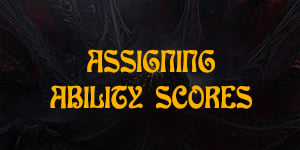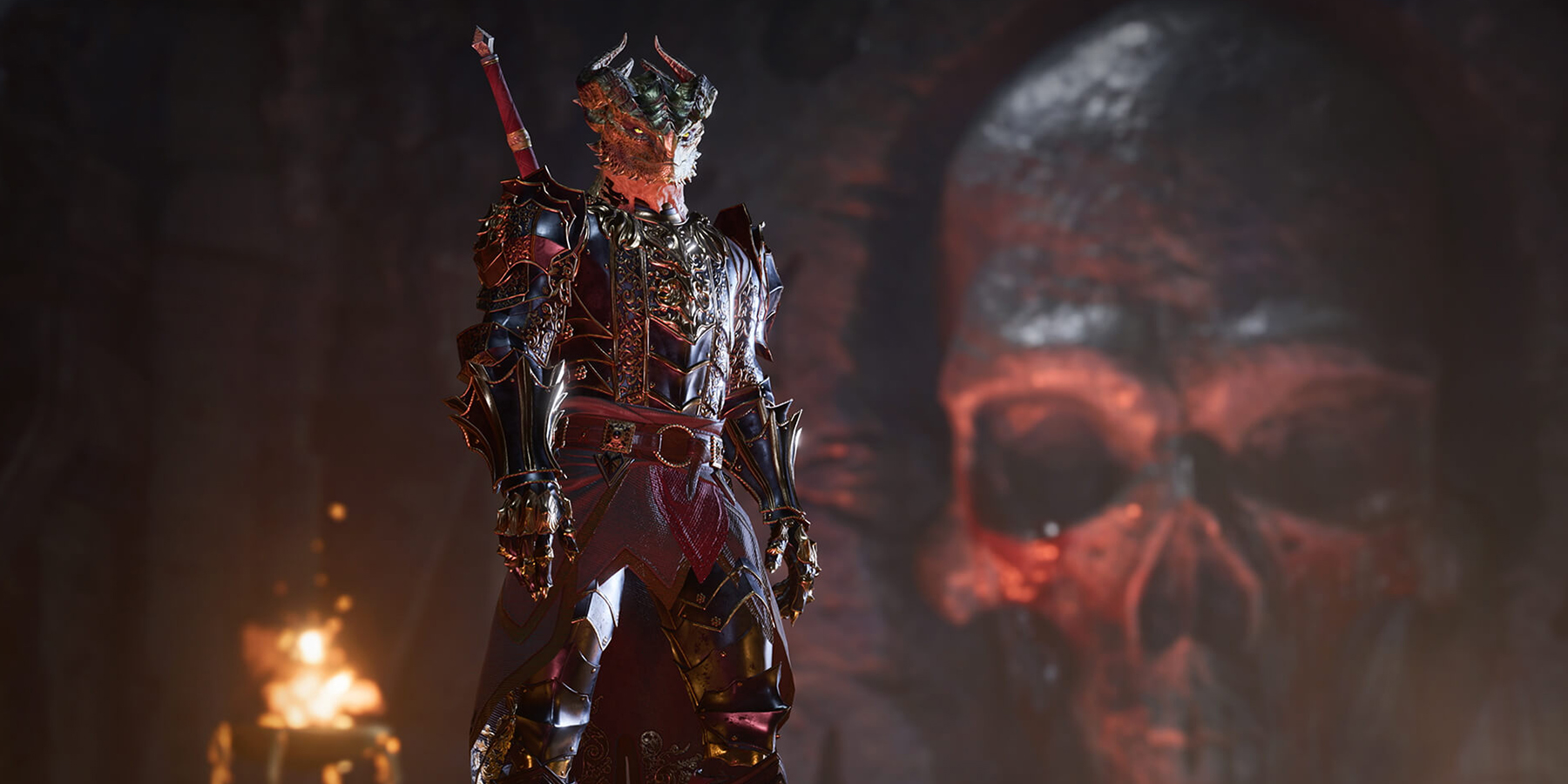"You know music is more than a fancy - it is a power. Through study and adventure, you have mastered song, speech, and the magic within."
Need to know more about the Bard class? Then you've come to the right place!
*Not all information was available in Early Access - we will update as soon as we can!*
Table of Contents
Roleplaying as a Bard
Your allies look to you, and you can see in their eyes that they are tired. This won't do, you think to yourself, before strumming your instrument. With your charismatic aura, even a single note is enough to put the feeling in the air: a sense of confidence and inspiration playing to their hearts as well as their ears. You may not shoot fire from your hands or wield a gigantic sword, but you know you can lead these people to victory. And what a grand story you will tell in the tavern tomorrow.
If this sounds interesting to you, consider a Bard. With magic and daring and a tale of adventure on their lips, this class is an extremely versatile support.
Class Features at 1st Level
- Starting Hit Points: 8 + your Constitution modifier
- Proficiencies:
- Light armor, Simple weapons, Hand Crossbows, Longswords, Rapiers, Shortswords
- Dexterity and Charisma Saving Throws
- Any three skills.
- Their musical instrument, with the ability to entertain a crowd.
- Bards receive the ability to cast arcane spells and a number of spell slots.
- You may choose 2 cantrips (level 0 spells), and 4 level 1 spells to start. Additional spells and spell slots are earned as you level in Bard.
- They use their Charisma modifier for this spellcasting capability.
- Bards must choose their musical instrument of choice.
- Bardic Inspiration, a bonus action that provides +1d6 to an ally's next Attack roll, Ability check, or Saving Throw.
- This is improved to +1d8 at level 5.
Class Features at Higher Levels
- Hit Points at Later Levels: 5 + your Constitution modifier
- At level 2 Bards gain Jack of All Trades, adding half your Proficiency bonus to skills you are not Proficient in (rounded down).
- Also at level 2 Bards gain Song of Rest, which provides the equivalent benefits of taking a short rest.
- At level 3 Bards must determine which College they associate with, determining their subclass.
- At level 3 Bards also gain Expertise in two skills of their choice that they are Proficient in, doubling their Proficiency bonus toward those skills.
- At levels 4, 8 and 12, you can increase one of your Ability scores by 2, two Ability scores by 1, or choose a Feat, which can provide you bonuses to Ability scores and skills simultaneously.
- At level 5, Bards gain Font of Inspiration, allowing you to recoup all uses of Bardic Inspiration after a rest.
- *Not revealed yet.*
Subclasses
Bards are wanderers by nature, and don't strictly form schools of thinking. Instead, they have loose associations with other Bards, with whom they swap stories and learn new tricks. These are what we mean by Colleges, and there are three to choose from: College of Lore, College of Valor, and College of Swords.
- College of Lore Bards collect knowledge in the name of preserving history and the truth.
- At level 3 you gain Proficiency in the Arcana, Intimidation, and Sleight of Hand skills.
- Also at level 3, you gain Cutting Words, allowing you to give an enemy a 1d6 penalty to Attack rolls, Ability checks, and damage dealt until your next turn.
- This penalty increases to 1d8 at level 5.
- *Not revealed yet.*
- College of Valor Bards sing songs of heroes, keeping their story alive while inspiring others.
- At level 3 you gain Proficiency in Medium armor, Shields, and Martial weapons.
- Also at level 3, Bardic Inspiration becomes Combat Inspiration, which can boost damage or Armor Class.
- *Not revealed yet.*
- College of Swords Bards employ daring feats with their weapons to entertain...and fight when necessary.
- *Not revealed yet.*
Preferred Ability Scores
As their jack-of-all-trades style would imply, Bards can reasonably benefit from various Ability score setups. In general, Dexterity and Charisma are the two most important: Dex for finesse weapons and to make up for their lighter armor, and Cha for their spellcasting. Constitution is always appreciated. After that, it's really up to you: want to hit things? Perhaps some Strength. Want to know things? Intelligence would be key. Wisdom is also fine, for being able to read people and situations. While you should focus on something, a Bard can manage with just about anything.
Multiclassing Suggestions
Bard is an incredibly flexible class all on its own, so Multiclassing only further opens up their options. Outside of Cleric, Druid, or Wizard, who rely on different Ability scores for spellcasting and thus are a difficult sell, the other classes all make for good potential choices. That being said, two of the most popular combinations are below.
Bard & Paladin
Is a strong combo for a Bard that wants to be on the frontline. Heavier armor and Divine Smites are both very much appreciated, while they both use Charisma for their spellcasting so not much is lost in that regard. Only two levels of Paladin are required, as well.
Bard & Warlock
Grants the Bard the use of Eldritch Blast for a reliable form of ranged damage, as well as some Invocations and a Pact. Warlock is a front-loaded class where most of their best abilities are available within the first three levels, so it's not difficult to acquire them.
More Baldur's Gate 3 Class Guides
Considering a different class? Choose one of the options below!
Baldur's Gate 3 Character Creation Guides
When you're ready to continue, head to one of the other sections of this guide; Background would be next!






















Comments
No Comments Yet. Be the first to create one down below!